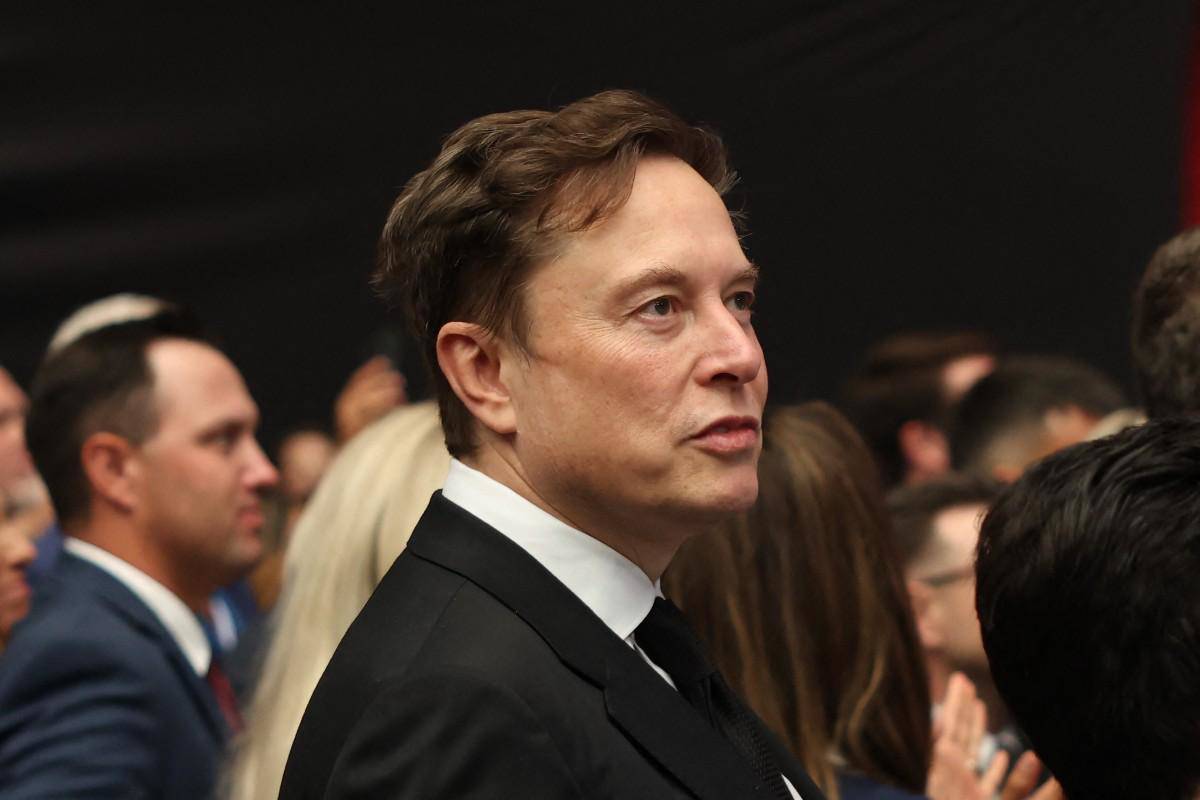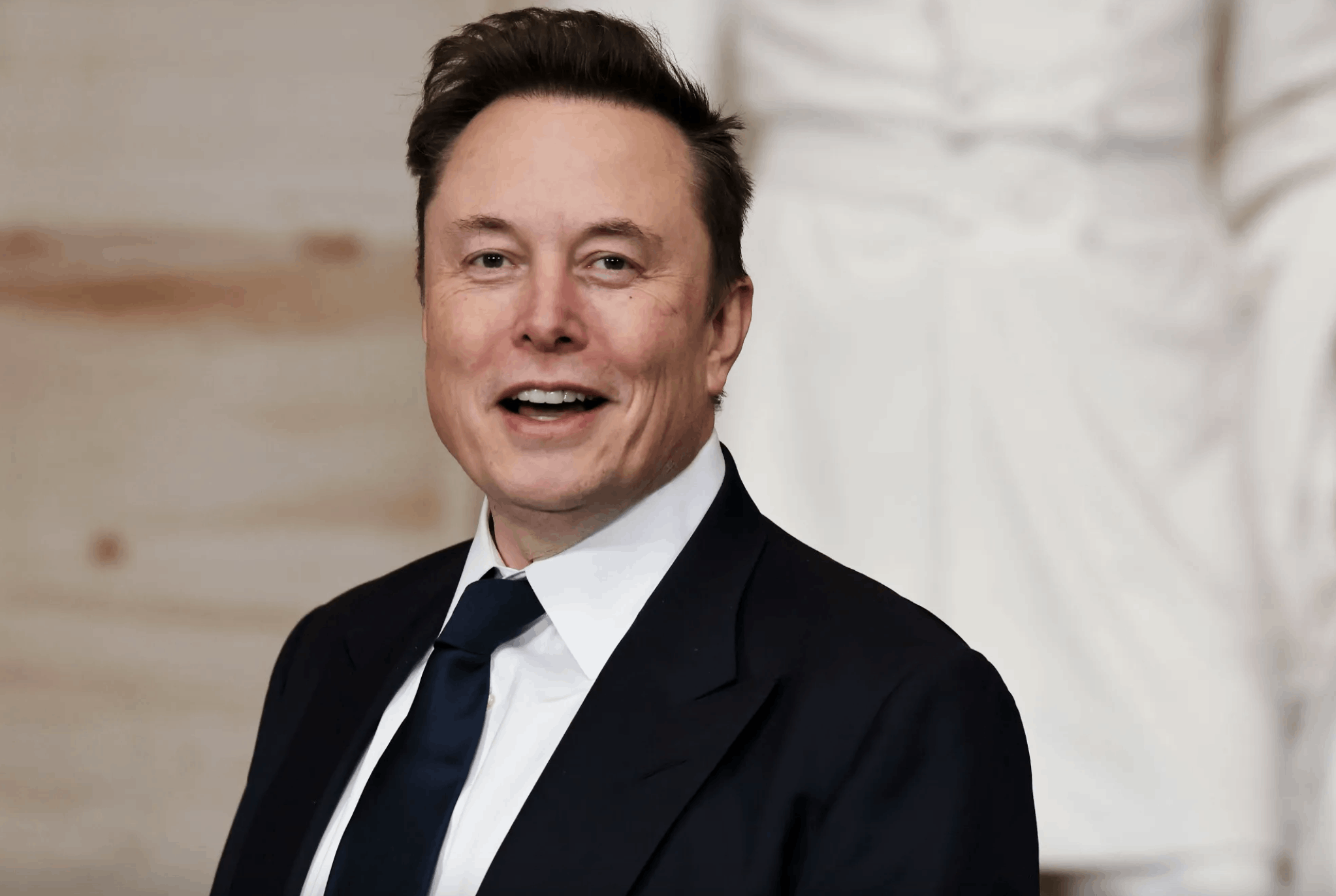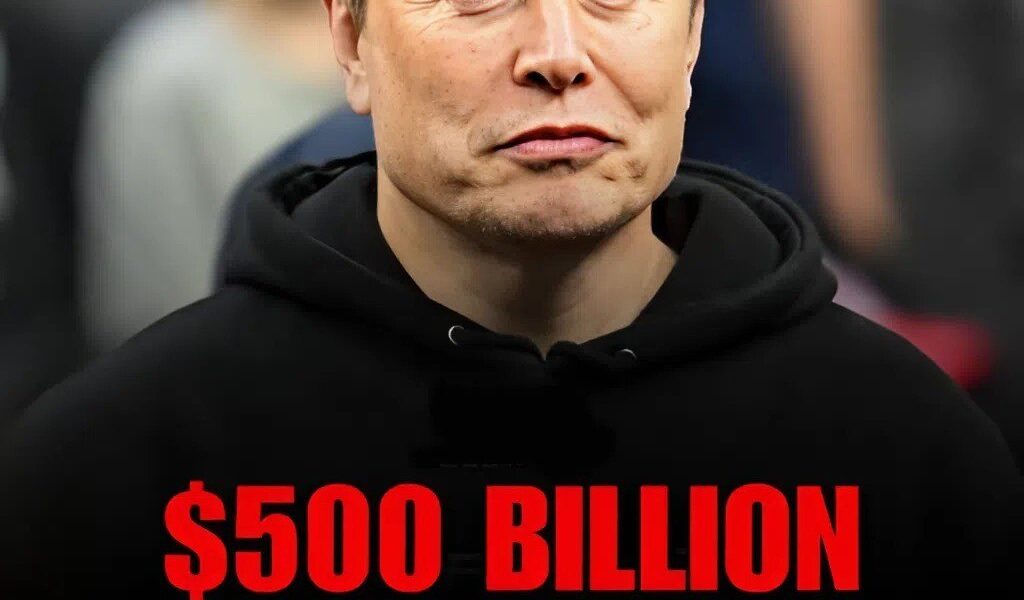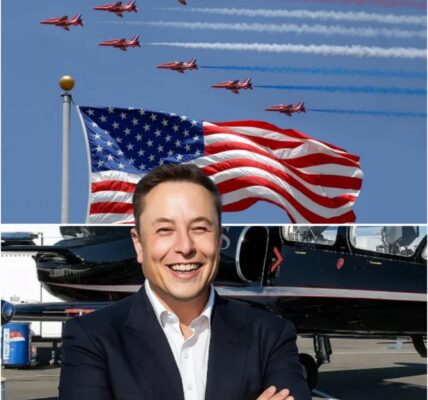Elon Musk Becomes World’s First $500 Billion Man — A Step Closer to Trillionaire Status
In an unprecedented financial milestone, Elon Musk, the CEO of Tesla and SpaceX, has officially become the first person in history to amass a net worth of $500 billion. The landmark figure, reported by Forbes on Wednesday, cements Musk’s position not only as the world’s richest man but as the face of a new era of extreme wealth accumulation.
At approximately 3:30 p.m. ET, Musk’s fortune crossed the half-trillion mark, placing him roughly $150 billion ahead of Oracle co-founder Larry Ellison, who sits in second place with an estimated $350 billion. For perspective, Musk’s wealth is now larger than the GDP of many advanced economies, including Austria, Denmark, and South Africa.

From $24 Billion to $500 Billion in Five Years
The speed of Musk’s financial rise is as astonishing as the numbers themselves. In March 2020, Musk’s net worth hovered around $24.6 billion — substantial by any standard, but nowhere near the historic wealth levels he now commands.
By late 2020, his net worth had reached $100 billion, driven largely by surging Tesla stock amid the global boom in electric vehicles. In 2021, Musk doubled that figure to $200 billion, surpassing Jeff Bezos as the world’s richest person. By 2024, the Tesla chief’s net worth had soared past $400 billion, setting the stage for this week’s jaw-dropping $500 billion milestone.
At this rate of growth, Forbes projects Musk could be on pace to become the world’s first trillionaire by 2033, particularly if Tesla’s proposed $1 trillion compensation package — the largest executive pay deal in history — begins to vest in the coming years.

A Fortune Built on Tesla, SpaceX, and xAI
Musk’s vast wealth is tied to several core holdings.
-
Tesla Inc. remains the cornerstone of his empire. Tesla’s stock jumped nearly 4% on Wednesday, adding $9.3 billion to Musk’s net worth in a single trading session. The company’s market capitalization is now within 10% of its all-time high, with Musk’s 12% stake valued at approximately $191 billion.
-
SpaceX, Musk’s private aerospace giant, is valued at around $400 billion, contributing another estimated $168 billion to his fortune. The company’s Starlink satellite internet business and Mars colonization ambitions continue to attract record private funding.
-
xAI Holdings, Musk’s artificial intelligence venture launched in 2023, is now valued at nearly $60 billion. Musk has positioned xAI as a counterweight to OpenAI, stressing his commitment to building AI that prioritizes safety and transparency.
Together, these enterprises form the backbone of Musk’s immense personal wealth — a portfolio more diversified and resilient than many of his billionaire peers.
Musk’s Own Take on Wealth and Control
Despite the staggering numbers, Musk insists his fortune is less about personal luxury and more about influence over the direction of his companies.
“It’s not about ‘compensation,’ but about me having enough influence over Tesla to ensure safety if we build millions of robots,” Musk explained in a September post on X (formerly Twitter).
He went on to criticize shareholder advisory firms that he claims could push him out despite not owning Tesla stock themselves. “If I can just get kicked out in the future by activist shareholder advisory firms who don’t even own Tesla shares, I’m not comfortable with that future,” Musk wrote.
The remarks underscore Musk’s belief that his leadership is crucial not only to Tesla’s financial success but also to its ambitious projects in robotics, self-driving cars, and clean energy.
Tesla’s $1 Trillion Pay Package Proposal
Last month, Tesla’s board unveiled a proposed compensation plan that could ultimately award Musk as much as $1 trillion in stock options if the company hits aggressive growth milestones.
The plan would grant Musk up to 12% of Tesla’s total stock value, contingent on targets such as reaching a market capitalization of $8.5 trillion and achieving operational benchmarks over the next decade.
If approved and achieved, the package would represent the largest executive payday in corporate history — dwarfing even Musk’s previous record-breaking $55 billion deal in 2018, which drew intense scrutiny from shareholders and regulators alike.
Public Reaction and Controversy
The announcement of Musk’s half-trillion fortune has sparked both admiration and criticism.
Supporters see Musk’s achievement as proof of his unparalleled vision and relentless work ethic. They credit him with revolutionizing industries from electric cars to space travel while pushing humanity closer to a sustainable future.
Critics, however, argue that the concentration of such immense wealth in a single individual raises urgent questions about inequality, taxation, and corporate governance.
“Half a trillion dollars in personal wealth is staggering — and deeply troubling,” said Dr. James Holloway, an economist at Yale University. “At a time when millions struggle to make ends meet, this level of wealth inequality threatens social cohesion.”

The Road Ahead: Toward a Trillion
For Musk, the path forward seems clear. With Tesla poised to expand its EV dominance, SpaceX pushing toward Mars missions, and xAI gaining traction in the AI arms race, his empire is set to grow even larger.
If projections hold, Musk could indeed become the world’s first trillionaire within the next decade — a symbolic threshold that would redefine what it means to be wealthy in the modern era.
Whether celebrated as a visionary or criticized as a symbol of excess, Musk’s rise to $500 billion is undeniable proof of how technology, risk-taking, and sheer ambition can reshape not just industries, but the boundaries of human wealth itself.




